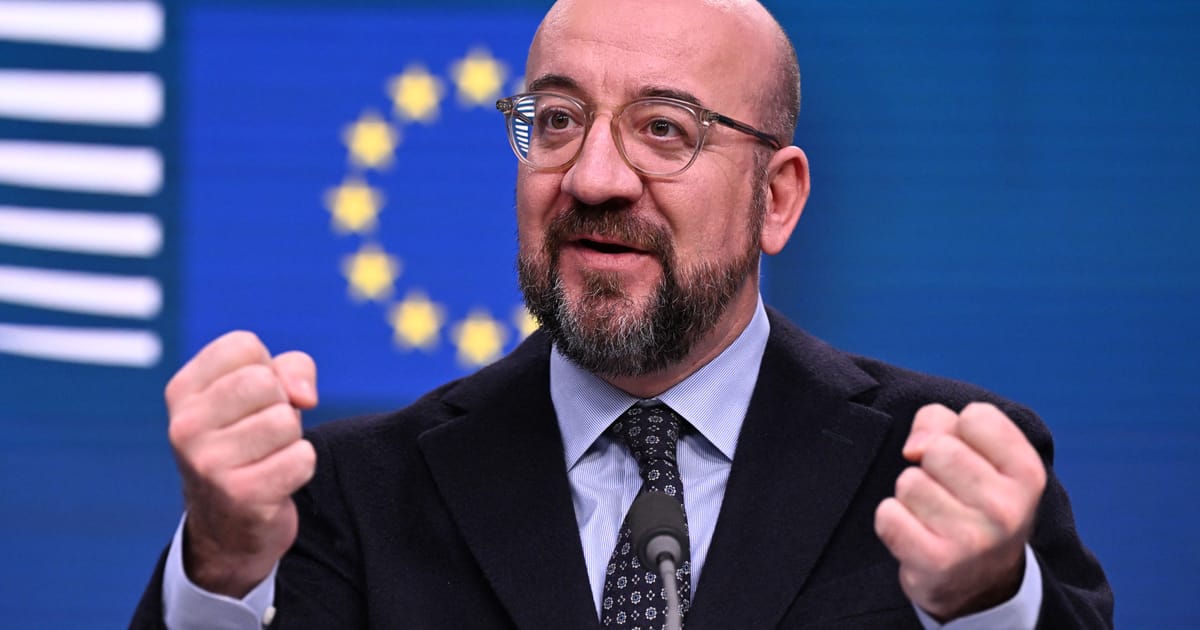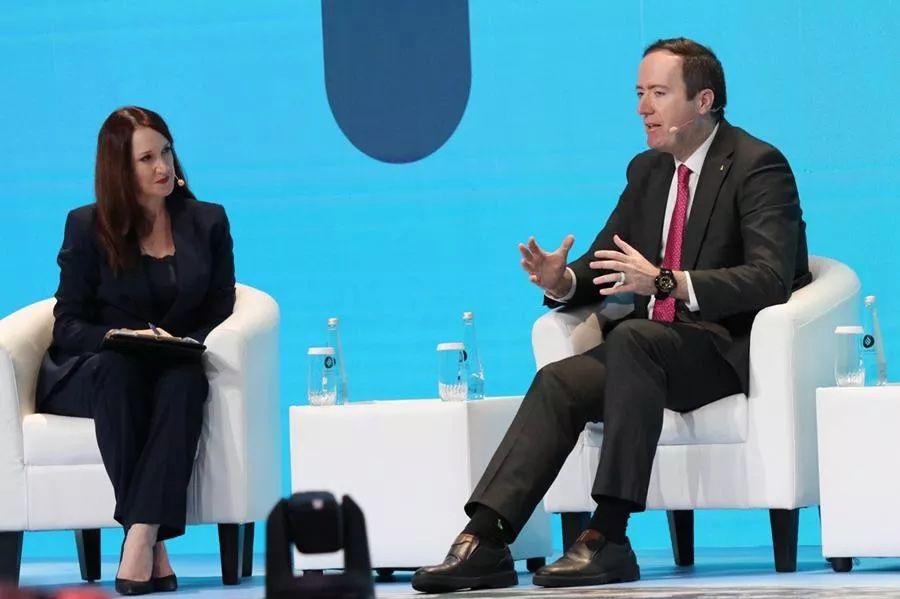Billions of euros allocated for renewable energy and emissions reduction in the European Union (EU) may be redirected to immigration and defense efforts, according to proposals discussed during the EU leaders’ summit in Brussels. The move is driven by concerns from frugal European capitals about EU budget contributions and competing priorities. The €10 billion fund, known as the Strategic Technologies for Europe Platform (STEP), aimed to support the development of energy networks for renewable sources. However, the compromise proposal suggests reducing STEP to €1.5 billion and allocating the remaining funds to military investments.
Friction Between Green Goals and Budget Constraints
While countries like France, Italy, and Spain support the €10 billion initiative for renewable energy, others are more cautious due to concerns about budget contributions and alternative priorities like immigration control and defense spending. The compromise aims to strike a balance by reducing the renewable energy fund while offering countries more flexibility in using payouts from the EU’s cohesion fund, designed to reduce economic inequality.
Challenges to Climate Goals
The potential cut to the green tech fund raises concerns about Europe’s ability to secure the necessary investments to achieve its climate goals. Germany recently had to scale back its climate budget following a court ruling, and the struggle to source funds for the green transition has become a political talking point. The compromise could have repercussions for the clean tech industry, hindering Europe’s competitiveness against the U.S. and China. The diminished fund may only provide enough cash for targeted measures, impacting the region’s ability to meet climate targets.
Opposition and Calls for Action
The proposed reduction in the EU’s green tech fund is not universally supported. Some leaders expressed disappointment, and alternatives, such as diverting unused funds from the post-pandemic recovery cash, have been suggested. Critics warn that the compromise could be catastrophic for the clean tech industry and result in less EU funding for clean tech in the coming years. Members of the European Parliament (MEPs) are also expressing opposition, emphasizing the importance of maintaining or increasing funding for strategic technologies.
Uncertain Future and Need for Dialogue
The discussions on redirecting funds highlight the challenges and competing priorities within the EU. As leaders face budget constraints and varying perspectives on where funds should be allocated, the future of green initiatives remains uncertain. The need for open dialogue between EU leaders, parliamentarians, and industry stakeholders is emphasized to ensure a balanced approach that aligns with climate goals while addressing economic and security concerns. The decision on the proposed compromise is expected to be revisited in January.
Source: politico.eu





